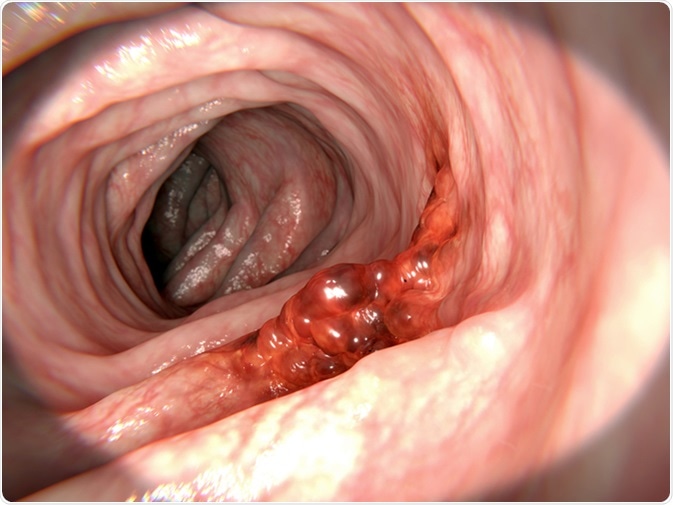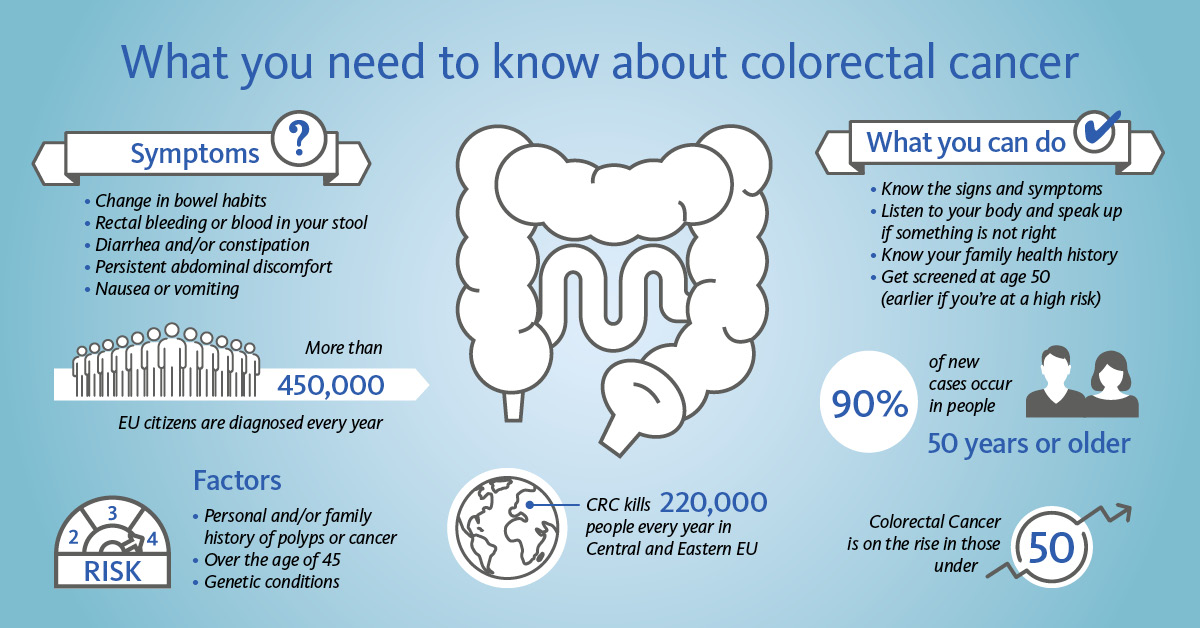Princess Katherine's Battle with Cancer: An Insight into Colorectal Cancer
In a startling revelation that echoed around the world, Princess Katherine, the beloved Duchess of Cambridge, recently disclosed her ongoing battle with cancer. The announcement, made on March 22nd, came after a two-month absence from the public eye following major abdominal surgery. Initially believed to be a noncancerous condition, the surgery uncovered a far graver reality.
Amidst waves of concern and sympathy, Princess Katherine, married to Prince William, heir to the British throne, expressed her desire for privacy during her recovery. Her courageous disclosure not only shed light on her personal struggle but also brought to the forefront the stark reality of colorectal cancer (CRC), a disease affecting millions worldwide.
Introduction to Colorectal Cancer (CRC)
Colorectal cancer originates in the colon or rectum, typically from adenomatous polyps. It arises due to genetic mutations that lead to the uncontrolled growth of cells in the lining of the colon or rectum.
Environmental and Genetic Risk Factors
CRC is influenced by both environmental and genetic factors. While lifestyle choices such as diet, physical activity, and smoking contribute to the risk, genetic predispositions like Familial Adenomatous Polyposis and Lynch syndrome play a significant role.
(Image Source: News Medical Life Sciences)
Incidence Trends and Statistics
Although overall incidence and mortality rates of CRC have declined over recent years, there has been a disturbing trend of increasing cases among younger adults below the age of 50. This anomaly underscores the importance of early detection and screening.
Approximately 5% of CRC cases are attributed to inherited syndromes, notably Familial Adenomatous Polyposis and Lynch syndrome. Understanding these syndromes is crucial for targeted screening and management.
Pathogenesis of Colorectal Cancer
The transition from normal colonic epithelium to invasive carcinoma involves the accumulation of genetic mutations over a span of 10 to 15 years. Key pathways to CRC include chromosomal instability, mismatch repair, and CpG hypermethylation.
Diagnostic confirmation of CRC necessitates colonoscopy for tissue biopsy. Additionally, universal screening for DNA mismatch repair/microsatellite status and mutational testing are recommended for prognostic and predictive purposes.
(Image Source: Sysmex-Europe)
Prognostic Indicators and Staging
The pathological stage at presentation serves as a crucial prognostic indicator for CRC. Staging studies such as computed tomography (CT) and carcinoembryonic antigen (CEA) testing aid in treatment planning.
Treatment Modalities: Surgical Resection and Adjuvant Therapy
Surgical resection remains the cornerstone of treatment for localized CRC. Adjuvant therapy plays a pivotal role in high-risk cases, augmenting the chances of cure.
Patients with oligo-metastatic CRC may benefit from multimodality therapies targeting liver and lung metastases. These approaches offer hope for potential cure in selected cases.
For patients ineligible for surgical resection, palliative systemic therapy aims to enhance quality of life and prolong survival. It encompasses various oncologic and supportive interventions.
Prevention and Screening Guidelines
Colon cancer is largely preventable, primarily through widespread screening. While colonoscopy remains the gold standard, there are emerging non-invasive methods. Screening guidelines emphasize the importance of early detection, with recommendations varying among organizations.
Importance of Colonoscopy
Colonoscopy not only serves as a diagnostic tool but also facilitates adenoma detection, crucial for surveillance and prevention. Quality metrics such as the Boston Bowel Preparation Scale ensure optimal colon cleansing.
Disparities exist in the reduction of mortality risk between right-sided and left-sided colon cancer through screening colonoscopy. Addressing these inequities requires multifaceted interventions and targeted approaches.
Emerging Research and Treatment Options
Advancements in genetic and immune-oncologic research hold promise for early detection and improved management of CRC. Checkpoint inhibitors have demonstrated remarkable efficacy in specific subtypes of metastatic CRC, offering hope for personalized therapies.
(Image Source: Sysmex-Europe)
Conclusion
Colorectal cancer remains a formidable health challenge, demanding a multifaceted approach encompassing prevention, early detection, and advanced therapeutics. By understanding the complexities of CRC, we can strive towards better outcomes and improved quality of life for affected individuals.
1. What are the common symptoms of colorectal cancer?
The common symptoms of colorectal cancer include changes in bowel habits, blood in stool, abdominal discomfort, unexplained weight loss, weakness and fatigue, iron deficiency anemia, incomplete evacuation, and abdominal pain.
2. At what age should individuals begin colorectal cancer screening?
Individuals should begin colorectal cancer screening at age 45, according to recommendations by the American Cancer Society (ACS).
3. What role do genetic mutations play in the development of CRC?
Genetic mutations play a significant role in the development of CRC by disrupting normal cell growth and promoting the formation of tumors in the colon or rectum.
4. Is colonoscopy the only screening method for CRC?
No, colonoscopy is not the only screening method for CRC. Other screening options include fecal occult blood tests (FOBT), fecal immunochemical tests (FIT), sigmoidoscopy, virtual colonoscopy (CT colonography), and stool DNA tests. Each screening method has its advantages and limitations, and the choice of screening modality may depend on individual preferences, risk factors, and healthcare provider recommendations.
5. How do emerging immunotherapies benefit patients with CRC?
Emerging immunotherapies benefit patients with CRC by harnessing the body's immune system to target and destroy cancer cells, offering a promising treatment option for advanced stages of the disease.




Comments
Post a Comment